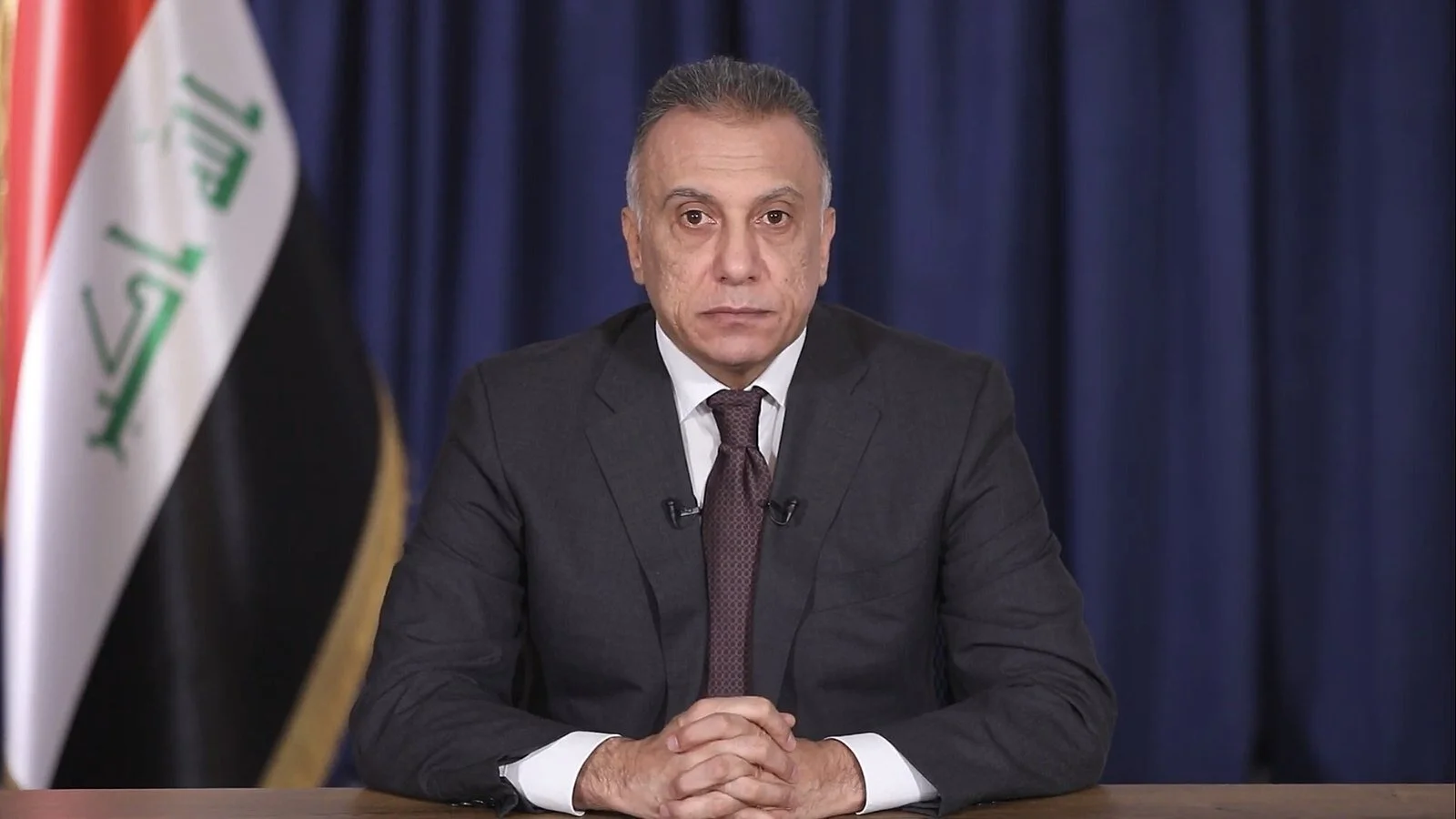Fire in Baghdad Hospital Turns Deadly
Iraqi Prime Minister Mustafa al-Khadimi faced fierce criticism over the deadly hospital fire (Wikipedia)
A fire at a Baghdad hospital killed at least 82 people and injured more than 100 people on April 24. The tragic incident sparked widespread grief across Iraq amid the COVID-19 pandemic.
The fire in the Ibn al-Khatib Hospital in Iraq’s capital city was reportedly sparked by an accident that caused an oxygen tank to explode. On the following day, the Iraqi Health Ministry announced that most of the casualties were patients with COVID-19 in the intensive care unit of the hospital. According to senior government officials, the fire was able to spread quickly throughout the unit as the building “had no fire protection system, and false ceilings allowed the flames to spread to highly flammable products.” It is also believed that several dozen of the victims who died in the fire did not die from burns but from losing access to ventilators while being moved away from the fire or from suffocation due to the smoke.
The hospital fire added more strain to Iraq’s healthcare system, which was already overburdened by COVID-19 and dealing with decades of neglect and underfunding. Shortages of oxygen tanks, ventilators, and even medical staff are common, and the latest wave of COVID-19 cases is testing the limits of medical facilities. Hospitals across the country are also experiencing a rapid influx of patients and do not have sufficient resources to properly address the crisis.
Amid angry calls on social media for accountability for the tragedy, Iraqi Prime Minister Mustafa al-Kadhimi suspended Health Minister Hassan al-Tamimi and fired the director-general of the Baghdad Health Department as well as the director of Ibn al-Khatib Hospital and its head of engineering and maintenance. In a press conference, al-Kadhimi blamed “negligence” for the deadly hospital fire, stating: “Negligence in such matters is not a mistake, but a crime for which all negligent parties must bear responsibility.” He then announced a forthcoming investigation into the incident.
Although al-Kadhimi asserted that an investigation would be coming soon, many doubted that accidents as a result of inadequate infrastructure and corruption would stop. One commentator stated: “We often hear the government promising investigations, but we rarely see the results or the government officials responsible for what appears to be neglect or mismanagement being brought to account.”
The deadly fire was merely the newest chapter in Iraq’s history of poor public safety. In March 2019, more than 100 people died when a ferry boat capsized on the Tigris River near Mosul. Only a few months later, a fire burned down dozens of shops in Baghdad’s Shorja market. Yesar al-Maliki, an adviser to the Iraq Energy Institute, blamed the lack of updates to safety regulations, warning, “There are no detailed regulations…[for] handling risky equipment.”

